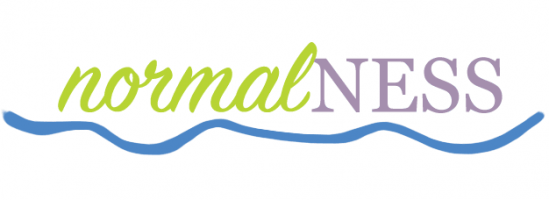As much as you may want to keep your employment and online career separate, in an online world there is no real division.
So what do you do when an employer has bad branding and you don’t want to be associated with them?
Well, obviously, you could leave. I have literally left a job one afternoon never returned. Never told them. Just walked out. I couldn’t ever deal with speaking to them again. I hated it there. But that’s not always possible in an immediate sense. So how do you manage your personal branding? After all, if someone says something dodgy, you can’t really reply to everyone
Let your work shine through? That is probably the first answer. But, depending on how your team/business works, this is is hard. Sometimes when you work in a place with a bad brand, you’re dragged in by association. And that’s the part I find hard to deal with. Sometimes your name is attached to that business name too.
Does employment need to catch up to business level?
I remember reading a post a few years ago on a business blog about how they can’t wait until employees are all contractors and therefore businesses of their own so that horrible, lazy employees are judged on delivery alone. A lot of the article was about taking advantage of people to work for free because employees are a drain. The article writer was clearly bitter and the tone of this piece made me unsubscribe from them.
But, the concept had a point which has stuck with me. What if the stage of all employees being contractors had arrived?
Are we somewhat there with the casualisation of contracts anyway? Would having employees be contractors help deal with the power imbalance that casual workers find themselves in? When was the last time you heard of a casual worker turning down a last minute shift because they already had plans that day and the employer not being annoyed at them?
Personal Branding and Employment
Personally, I think the person who wrote that article would be disappointed at how all employees being contractors would turn out. A good contractor will require the business hiring them to have plans mapped out, clear guidelines and deadlines for the project. And, I hate to point it out to the author of that article, but the contractors you hire might even be more expensive than an employee, because they will be charging you a rate that covers their wage, super, expenses, holidays and a buffer for between contracts.
With the rise of people having a “personal brand”, how does this fit into employment? Are you only supposed to have a personal brand for the time when you’re looking for a job, then hide your personality as soon as you have a job?
Earlier in the year when I was job seeking, it was recommended to me that I change a lot of things if I wanted to find a job. I shouldn’t wear an orange suit jacket. I should only wear dresses to interviews. I should wear high heels. I should wear make up. My hair should be high up on my head.
Fuck Should. (Also the name of a book I’m writing. Sign up to my newsletter if you’re interested.)
That was all about the image that the job agency I was meeting with wanted to put forward. They wanted to change me to fit their image.
Little mention of skills and how they applied to the job in question. The impression I was left with after meeting with them was that they didn’t care about anything but image.
I think the current model of employee is somewhat unsustainable, or at the very least, overused in terms of casuals when a contracting or freelance model would be more appropriate.
How do you feel about your name as an employee being associated with companies that you don’t like?





